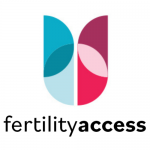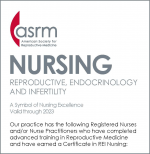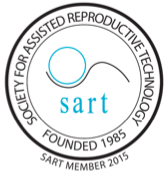When it comes to incidence of infertility, approximately 40 percent is due to male factors, another 40 percent is due to female factors, and the remaining 20 percent is due to both male and female factors. Check out these tips to help with proper nutrition for conception to boost your fertility.
Nutrition for conception
- Zinc. Oysters contain a high level of zinc. Maintaining a daily diet of 15mg a day can help improve semen and testosterone production in men and ovulation and fertility in women.
- Folic Acid and Vitamin B. Leafy, dark green vegetables, citrus, nuts and whole grains are rich in folic acid and Vitamin B. Women who supplement their diet with a prenatal vitamin of at least 400mcg of folic acid fortify their bodies to give their baby a healthy start.
- Calcium. Eating a healthy diet of yogurt, milk, salmon, rice and cheese (up to 1,000mcg per day) will help improve a woman’s fertility.
- Vitamin C. Citrus, strawberries, broccoli and tomatoes help the body absorb iron, an important mineral for women who are pregnant and trying to conceive.
Things to avoid while trying to conceive
- Caffeine. Ingesting more than 200-300mg of caffeine per day may significantly reduce fertility and hinder the body’s ability to absorb iron and calcium.
- Alcohol. While the occasional beer or glass of wine may not hurt your chances of conceiving, moderate drinking may increase your risk of miscarriage and has the potential to harm a developing baby.
- Unpasteurized dairy products, lunchmeat and soft cheeses. These foods may contain listeria, a contaminant that can lead to infection and miscarriage.
People who begin making nutritional changes to their diet three months to a year before trying to conceive can improve their reproductive health and fertility.
If you’ve been trying to conceive for 6 to 12 months and are interested in exploring infertility treatment options, contact the Center for Reproductive Medicine today at 612-863-5390. We can help you realize your dream of becoming a family.





